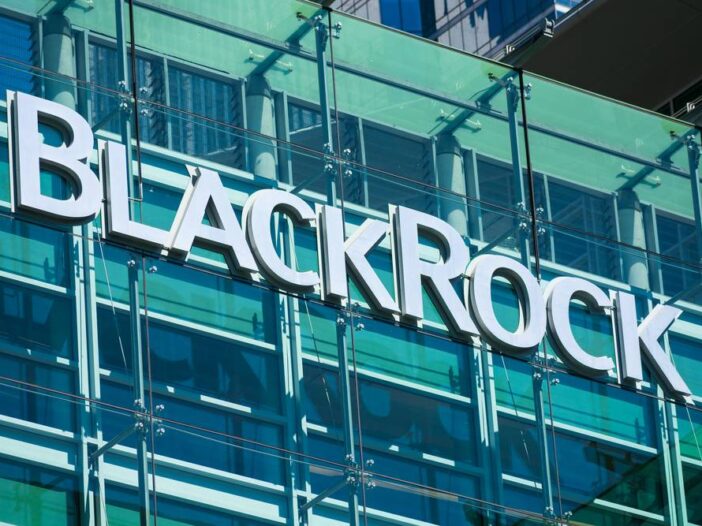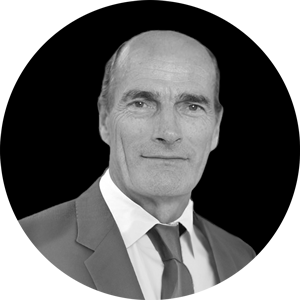The North Atlantic can be rough in mid-winter. We had our misgivings. But the only way to get our car back to Ireland was on the ferry…and so we drove aboard and parked the car on the top deck.
We crossed the sea, from Cherbourg to Rosslare, Ireland, with a bunch of Polish truckers. They gathered in the bar before the ship raised anchor. Burly men, they were all stout…almost all with shaved heads, dark T-shirts, and large arms. They drank beer…watched a sports program on TV or chatted and laughed among themselves. Then, we all went to dine…
They, in their jolly trucker’s restaurant. We, nearly alone, in the quiet, regular restaurant. Who was cooler, we wondered?
Luckily, the wind died down…and the swells flattened out. After a couple glasses of dreadful wine and an OK hamburger, we went to bed and slept the sleep of the innocent.
George W Bush sleeps well, we imagine…even though he squandered US$8 trillion and is responsible for the deaths of thousands of innocent people. Even Adolf Eichmann may have slept well. By contrast, saints sometimes toss and turn, troubled by the Trinity…or indigestion
That is the charm of the human race; each person can think what he wants. And whatever pretension or snobbery you choose; someone is bound to look down on it.
One thinks he is cool because he drives a monster truck. Another, behind the wheel of his Tesla, sees him as a hopeless yokel. One pronounces the ‘L’ in salmon, just to show that he knows it is there. Another takes him for a dope. One puts a dirty picture on his wall and proudly says ‘it’s art’. Another would throw it in the trash.
And so, we turn to today’s archi-cool signaller, Larry Fink.
No Penn, no Jobs
Few people have been more successful at making money than Fink. He founded one of the biggest and most influential hedge funds in the world — BlackRock, now with some US$10 trillion under management. Even if you get only 30 basis points from managing the money, that’s still better than you get stocking inventory at Amazon. And in public life, money talks. So, few laughed when Fink gave out the word that his mission had creeped. Henceforth, he would not be merely trying to make money…but to improve the world we live in.
The principle of ‘declining marginal utility’ explains it. Fink has so much money, another dollar or two will mean nothing to him. But cool? He’s no Sean Penn. No Clint Eastwood. No Elon. No Jobs. He has a long way to go before reaching even average rich-guy cool…the point of diminishing returns must still be far ahead.
How to Survive Australia’s Biggest Recession in 90 Years. Download your free report and learn more.
One of the safest forms of cool-seek these days is to let it be known that you stand squarely in favour of protecting Planet Earth. Along with wearing a face mask when you are running, providing major funds to politicians, or putting a ghastly painting by Lucian Freud on your wall, it signals that you are a hip, earnest human being…and eager to let others know it.
But cool is not constant. The Inquisition was cool in 12th century Europe. Tulips were cool in the 17th century. And in the 20th century, Soviet collectivism was cool in Russia and National Socialism was cool in Germany.
And now, if businesses want Fink’s money, he said, executives must eschew their single-minded drive for profits. Instead, they must ‘disclose a plan for how their business model will be compatible with a net-zero economy.’
He means net-zero carbon emissions…and goes on to specify that they should try to limit global warming to no more than two degrees Celsius above pre-industrial averages, by eliminating net greenhouse gas emissions by 2050.
Of course, there are valid reasons why CEOs and investors might favour investments in planet-saving companies. They might conclude that their share prices will go up as a result of the good publicity. They might think their employees will be more motivated, since they are working to improve the world, not just make a buck. They might actually think it will save the planet…and result in more profitable businesses over the long run.
People AND profits
Or…they might, cynically, just think it makes them look cool. And in Fink’s case, it might help make sure the money keeps coming. It is not by accident or diligence that Fink’s business now has US$10 trillion. And it is neither perspiration nor inspiration that will keep the money coming his way. Instead, it is, broadly speaking, politics.
And now, the captain of industry is meant to change course. It’s no longer enough to bring the ship into harbour with good services and products. Now, he has to worry: Is it cool not to have women on the board of directors? Is it cool to use heaven forfend!, the masculine pronoun in a corporate communication? Should he switch to an all-electric fleet; how will that look in the headlines?
‘People, not Profits’, say the signs held aloft. But how does a corporation know how to focus its resources? There is no recognised gauge of cool…and no reliable market for it. And the more seriously you take your quest for cool, the more people take you for a fool.
It is fairly easy to broadcast a concern for ‘people’ or the planet. It is hard to make a profit. Which course of action is most helpful to customers? To other people? Or even to the planet?
Practically an affront to nature, a profit is the opposite of entropy. It is an expression of ‘negentropy’…when, instead of degrading into disorder, things come together in a special, almost miraculous, way. And it doesn’t happen unless it is made to happen, by people. They may not be driven by a profit motive. But they are always guided by it. And the result is a more prosperous world in which people live longer and get more of what they want.
Chasing cool would be so much easier! CEOs could use the shareholders’ money to make helmets for baby seals…or ban meat from the company cafeteria…or pay their security guards as much as they pay their top salesmen and researchers.
But as near as we can tell, honest profits — not those earned via robbery, fraud, lobbying, voting, subsidies, tax credits, or government giveaways — are the only way of knowing whether you are making the world a better place, or not. Profits tell us that your products or services are worth more than the resources that went into providing them. And that people actually want what you are selling. What other measure of a ‘better world’ is there?
But Fink’s BlackRock treasure? Where did its US$10 trillion come from?
Tune in tomorrow…
Regards,
 |
Bill Bonner,
For The Daily Reckoning Australia
PS: Our publication The Daily Reckoning is a fantastic place to start your investment journey. We talk about the big trends driving the most innovative stocks on the ASX. Learn all about it here.

